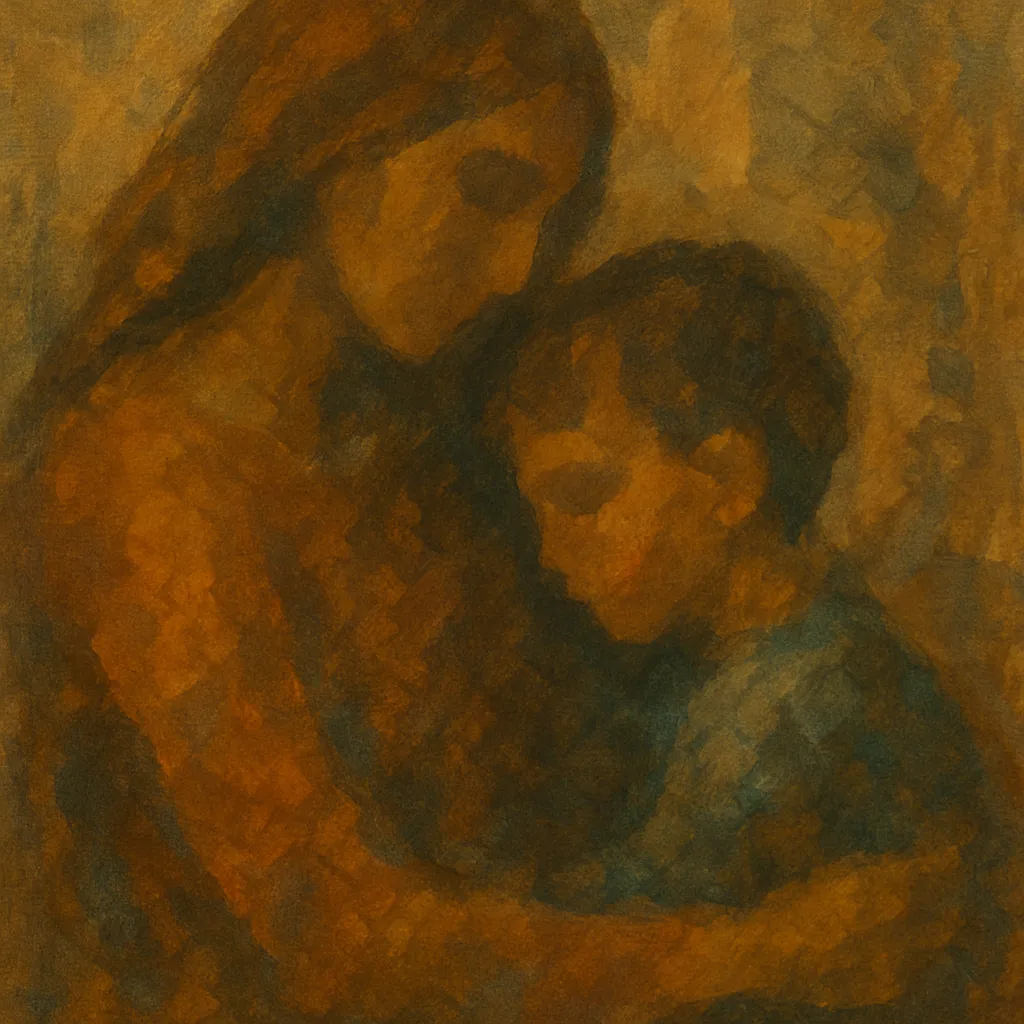When "Parent Education" Becomes the New Autism Risk Factor
 A new study out of China claims that the more educated the parents, the less likely their child is to be autistic. And if their child is autistic? They're more likely to be verbal, higher-scoring, more “adaptively functioning.”
A new study out of China claims that the more educated the parents, the less likely their child is to be autistic. And if their child is autistic? They're more likely to be verbal, higher-scoring, more “adaptively functioning.”
The authors frame it as a breakthrough. I see something else:
A familiar narrative, dressed in statistics, that quietly shifts the weight of autism onto the shoulders of parents — especially mothers — without ever naming it as blame.
Let’s walk through it.
The Study
Published in Psychiatry Research (2025), this large-scale analysis looked at over 800 autistic children in China and found two things:
- Higher parental education = lower odds of an autism diagnosis.
- Among those diagnosed, higher parental education = "milder" traits.
The study defines "better outcomes" as higher IQ, more verbal speech, and more adaptive behavior — in other words, how close the child comes to seeming neurotypical.
No autistic authors. No discussion of alternative communication. No reflection on what “severity” actually means. Just a clean correlation: better-educated parents, less autism.
But the harm here doesn’t live in the data.
It lives in the framing.
The Return of the Blame Game
This isn’t new. In the 1950s, autism was blamed on “refrigerator mothers.” In the 2000s, it was blamed on vaccines. Now, in papers like this, it’s blamed on low parental education — with just enough citations to sound neutral.
But the message is the same:
If your child is autistic, something went wrong.
And someone — quietly, statistically, politely — is responsible.
That framing doesn’t empower families. It undermines them.
It tells parents who never finished school that their children’s minds are less worth understanding — and it was their fault.
It tells autistic children with higher support needs that they are the product of deficiency — not just in genes, but in upbringing, intellect and care.
And for those of us who are verbal or “high-functioning” by their standards, it sends another message: you’re only valued because you passed the test.
It turns “education” into a proxy for acceptability.
This Is Global — Even If the Study Isn’t
The study is based in China, yes. But its assumptions travel.
They show up in U.S. hospitals where bilingual parents are treated as less credible reporters.
They show up in school districts where autistic BIPOC children are seen as “behavioral problems,” while their white peers are “quirky and gifted.”
They show up in pediatric offices that praise educated mothers for “early intervention” while quietly judging lower-income families for “missing the signs.”
This paper doesn’t cause that.
But it gives it cover.
It hands policymakers, clinicians and funders a data-backed story that says:
- Maybe the problem isn’t the system.
- Maybe it’s the parents.
Autism as a Mirror, Not a Mistake
Here’s what the study never asks:
- What if “severity” scores reflect how badly the system fits the child — not how badly the child fits the system?
- What if speech delay isn’t always dysfunction, but difference?
- What if the traits being measured aren’t the problem — but the measuring stick is?
And what if the real issue isn’t that low-education parents have autistic kids — but that our structures only support those families when the child looks like someone “worth the investment?”
Support Shouldn’t Mean Suppression
To their credit, the authors say families with lower education levels need more support. But their version of support? It's aimed at normalization. At early detection. At “reducing severity.”
Nowhere do they ask what thriving might mean on autistic terms.
Nowhere do they consider that adaptive functioning might improve not because of parental literacy — but because of access, community and autonomy.
Their conclusion? Educated parents create better outcomes.
Ours? A system that only measures success by proximity to neurotypical norms will always punish the parents — and pathologize the child.
We don’t need studies that rank autistic children by their parents’ diplomas.
We need systems that meet children where they are — and parents where they live.
No blame. No shame. Just the support to live, communicate, and grow in a world that doesn’t tie your worth to your words, your test scores, or your family’s résumé.
Because autistic lives don’t need to be softened.
They need to be seen.